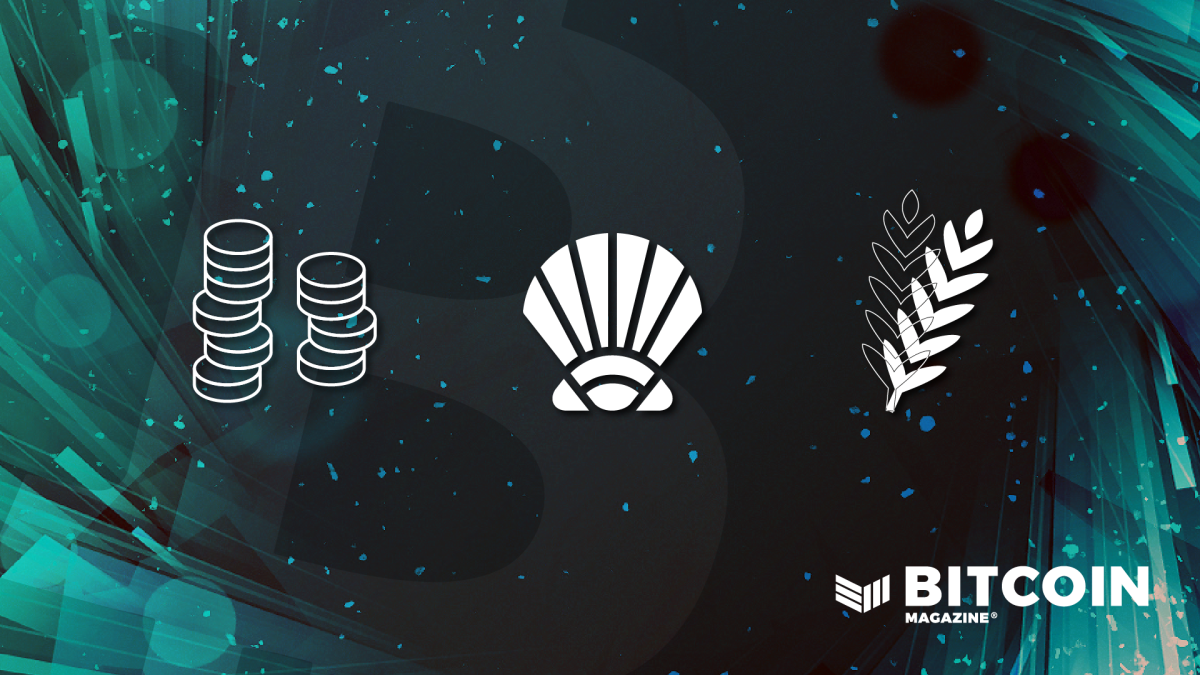The Bank of Korea (BoK) can now investigate local crypto exchanges. According to a report, the bank has the authority to conduct on-site inspections and even request financial records from exchanges operating within the country.
The main objective of the Bank of Korea is to ensure the stability of prices throughout the nation. This responsibility, in turn, allows the bank to control and improve the economy.
South Korean Bank To Oversee Transaction Data Of Crypto Local Exchanges
The new rights will allow the central bank to monitor the activities of cryptocurrency exchanges more closely and take action if necessary. This includes the power to issue fines and even revoke licenses if exchanges violate digital asset regulations.
The move comes amid growing concerns over the potential risks posed by cryptocurrencies to financial stability and the economy. The Bank of Korea is aware of these risks, such as money laundering and tax evasion, and is willing to take further steps to curb such occurrences.
Related Reading: Ripple Vs. SEC Court Update: Will The Ruling Come Next Week?
However, taking such steps requires that the bank possesses such authority, which it received last week from an official of the National Assembly’s Political Affairs committee. The report also noted that the Federal Service Commission (FSC) would officially pronounce the bank’s position in a subcommittee meeting on April 25. The prospective meeting may also speed up the rollout of the country’s digital asset laws.
Furthermore, a Democratic Party lawmaker, Kim Han-gyu, said that the FSC supports the new position of the central bank to request and oversee transaction data of digital asset exchanges. However, the FSC also mentioned that it would not include this event in the bill.
Crypto Regulations In South Korea
While the legal situation in South Korea might be complex, it addresses the safety and security of the industry, including crypto investors and users. The crypto regulatory framework in the country significantly depends on the government’s stance on the industry.
As such, digital asset service providers should know the government’s requirements and ensure that their operations comply before venturing into crypto matters in the region.

South Korea regulates digital assets usage under the Electronic Financial Transactions Act. To comply with the requirements of the Act, all virtual asset service providers must register with the FSC. They must comply with the AML procedures, cyber security measures, real-name verifications of customers, etc.
Related Reading: ‘Business Of Ripple Is Selling More XRP Than It Buys’: Forbes Report
As for paying taxes, the 20% tax on crypto gains is postponed to 2025. This makes it the second postponement after 2022 when it was slated to take effect. The officials pushed it from 2022 to 2023 and later chose 2025 to implement it due to the market downtrend.
This latest development implies that the FSC and Bank of Korea will now investigate cryptocurrency operations in the country. It also implies that they will have access to the transaction data of local crypto exchanges.
Featured image from Pixabay and chart from Tradingview











